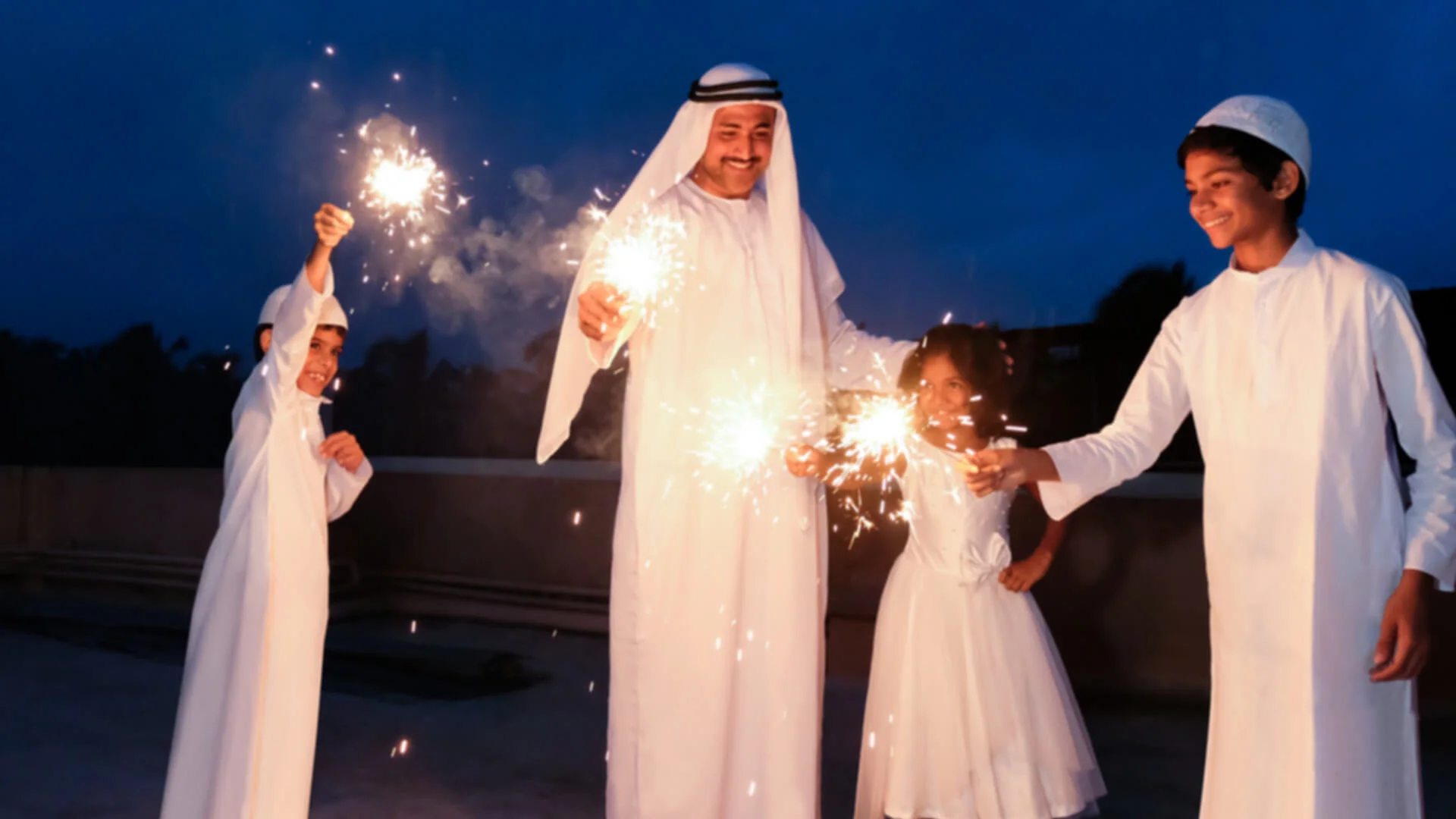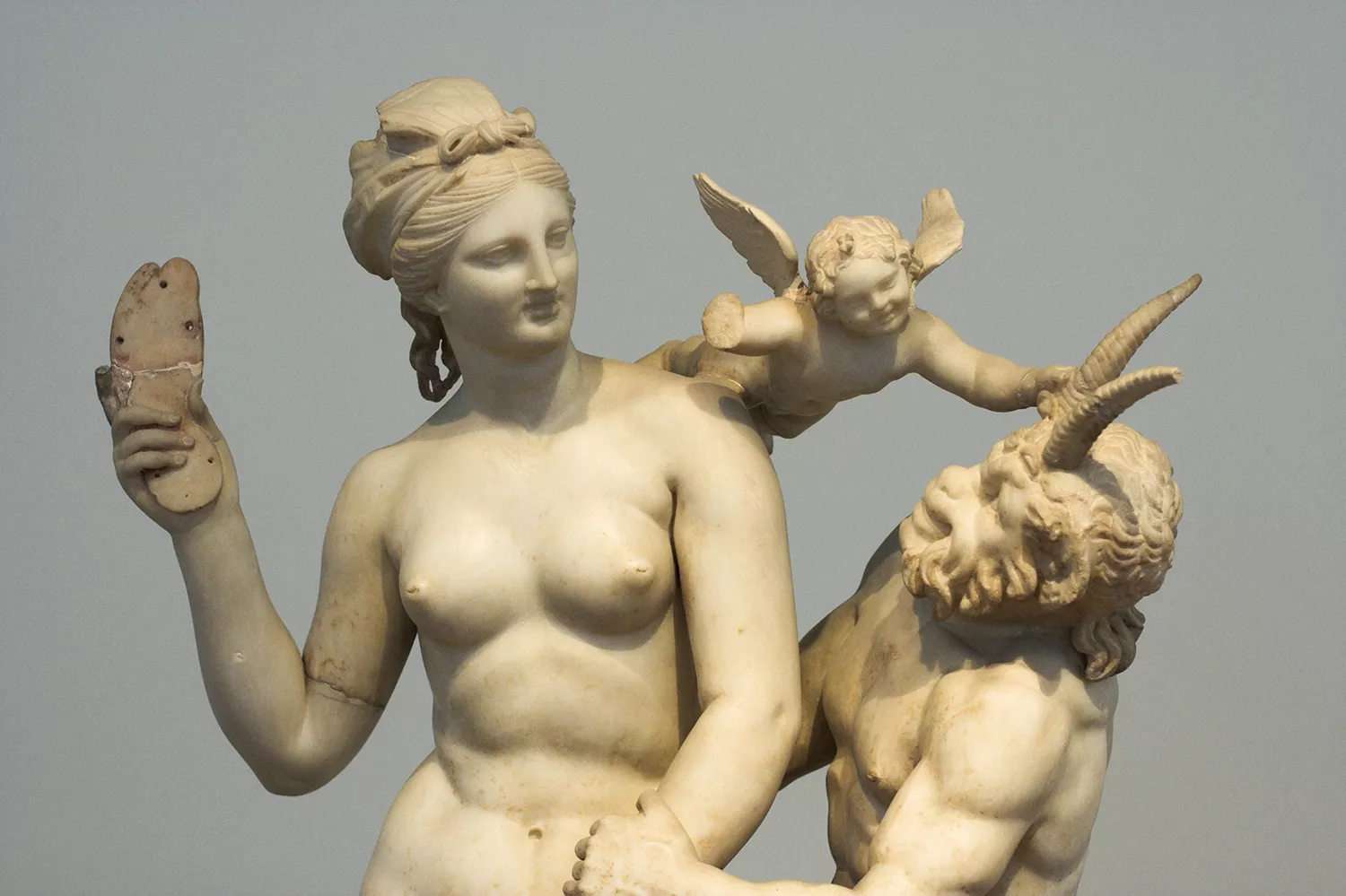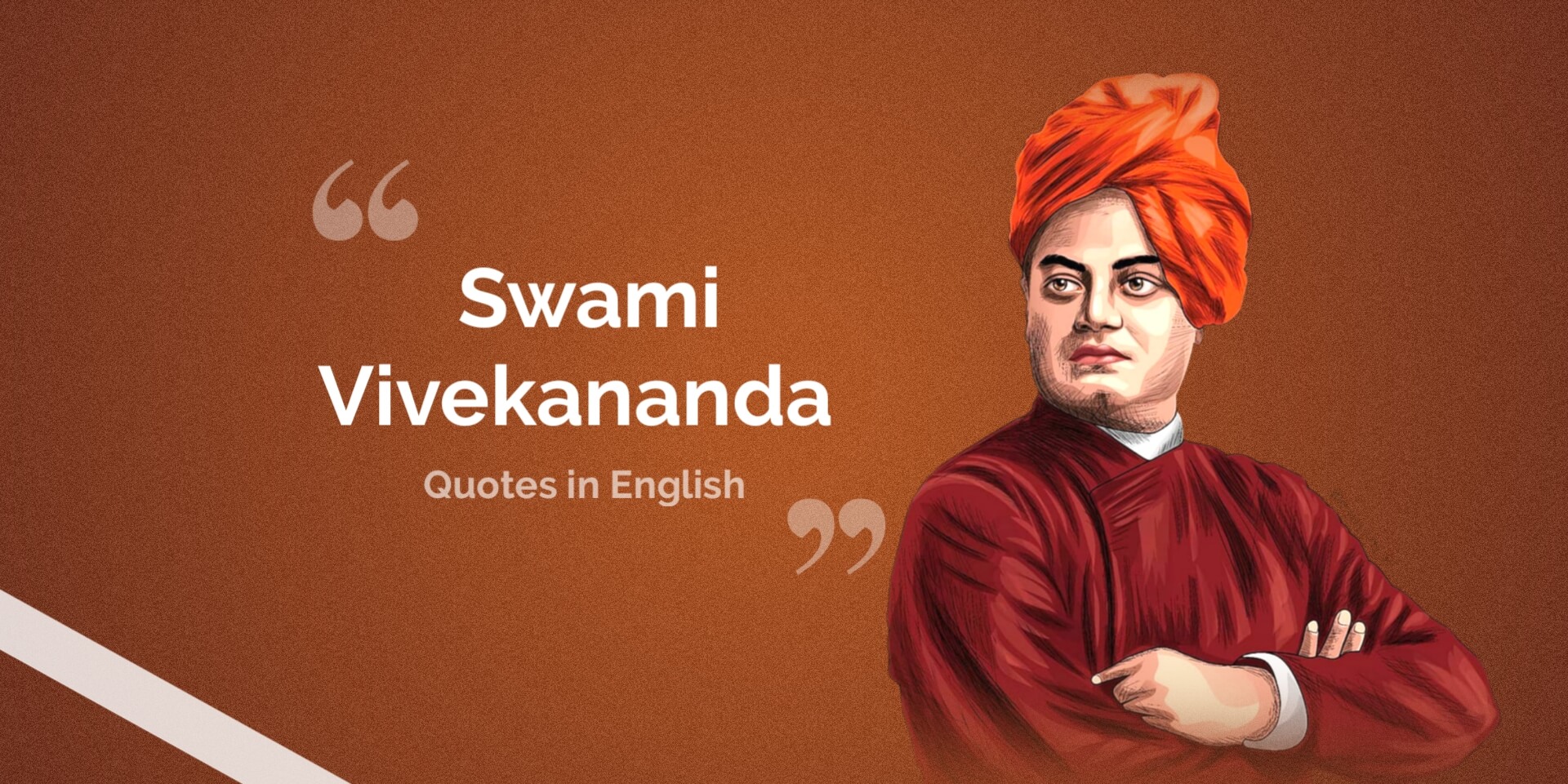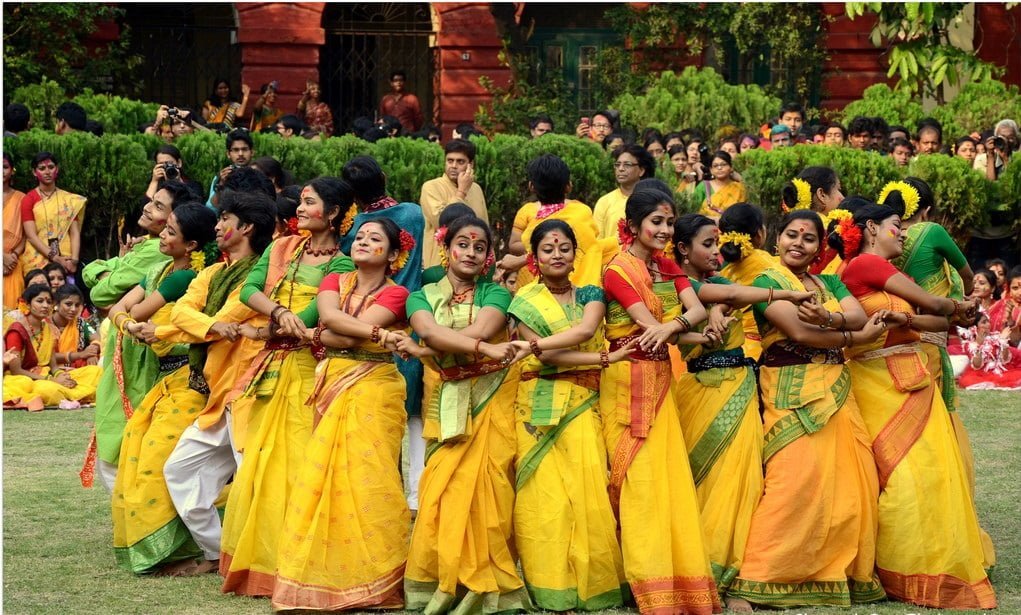Ramadan is one of the most sacred months in the Islamic calendar. It is a time of fasting, prayer, reflection, and community for Muslims around the world. Observed in the ninth month of the Islamic lunar calendar, Ramadan commemorates the revelation of the Holy Quran to the Prophet Muhammad (peace be upon him).
During this month, Muslims strengthen their relationship with Allah through self-discipline, compassion, and charity. The festival of Ramadan ends with Eid al-Fitr, a joyous celebration marking the completion of fasting.
The Significance of Ramadan
Ramadan is not just about refraining from food and drink—it’s about spiritual purification and personal growth. Muslims believe fasting teaches patience, humility, and gratitude.
The fast, known as Sawm, begins before dawn and ends at sunset. Muslims abstain from eating, drinking, smoking, and negative behavior. The goal is to develop Taqwa (piety and closeness to Allah) and to remember the struggles of those less fortunate.
Fasting during Ramadan is one of the Five Pillars of Islam, which are the foundation of a Muslim’s faith. The other pillars include the Shahada (faith), Salah (prayer), Zakat (charity), and Hajj (pilgrimage to Mecca).
How Ramadan Is Celebrated Around the World
Though the essence of Ramadan remains the same everywhere, the customs and traditions vary by country.
Suhoor – The Pre-Dawn Meal
The day starts early with Suhoor, a nutritious meal eaten before dawn. Families gather to eat and drink enough to sustain them throughout the day.
Iftar – Breaking the Fast
At sunset, Muslims break their fast with dates and water, following the tradition of Prophet Muhammad (PBUH). The evening meal, known as Iftar, is a time of joy and togetherness, often shared with family, friends, and the community.
In many countries, mosques and charitable organizations host free Iftar meals for the poor and travelers. This promotes the spirit of sharing and compassion, a key element of Ramadan.
Prayers and Quran Recitation
Muslims perform five daily prayers, with additional Taraweeh prayers at night. Many spend extra time reading and reflecting on the Quran, seeking forgiveness and guidance.
Charity and Zakat
During Ramadan, Muslims are encouraged to give Zakat (obligatory charity) and Sadaqah (voluntary charity) to help those in need. Acts of kindness and generosity are seen as ways to earn blessings and purify one’s wealth.
Eid al-Fitr: The Festival of Breaking the Fast
The end of Ramadan is celebrated with Eid al-Fitr, a festive day of joy, prayer, and gratitude. It begins with a special morning prayer at mosques, followed by feasts, family visits, and exchanging gifts.
Muslims wear new clothes, prepare delicious dishes, and give Eidi (money or gifts) to children. It is a day that celebrates the successful completion of fasting and the blessings received during Ramadan.
Ramadan in Different Countries
- In India and Pakistan, streets and mosques glow with lights, and special foods like biryani, kebabs, and sweets fill homes.
- In the Middle East, people enjoy traditional dishes such as dates, soups, and samosas after Iftar.
- In Indonesia and Malaysia, the month is filled with community prayers and cultural programs.
- In Western countries, Muslims gather in mosques and Islamic centers to break the fast together, reflecting the spirit of unity and diversity.
The Spiritual Essence of Ramadan
Ramadan is more than a month of fasting it’s a journey of faith, patience, and compassion. It teaches self-control, gratitude, and the importance of helping others.
Across the world, Ramadan unites millions of Muslims in the shared values of peace, generosity, and devotion to God. As each fast ends with Iftar and every prayer brings peace, Ramadan reminds us of the true essence of humanity kindness, faith, and togetherness.
State Wise Food Culture in India
Read Also : Social Network Website Design
![]()





